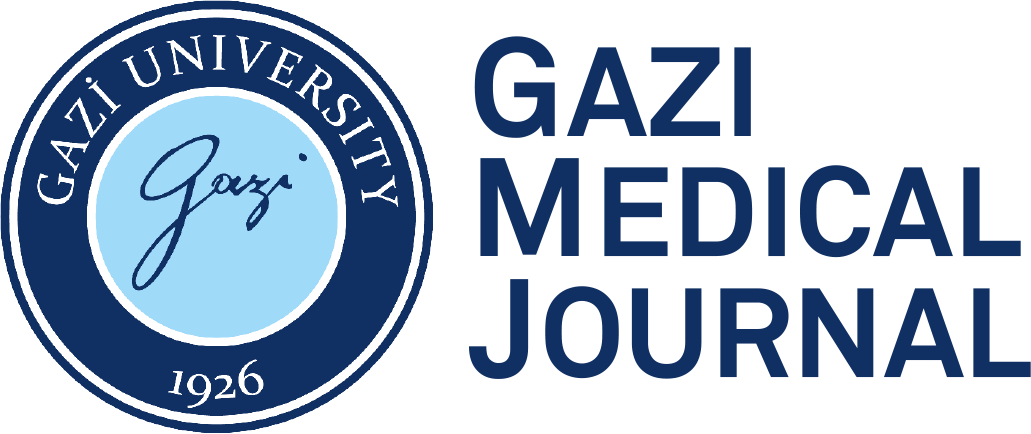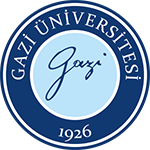ABSTRACT
Sleep is a naturally, restorative process, characterized by altered consciousness. Normal sleep and circadian system act as important physiological regulator on immune functions, these regulation mediated by neurotransmitters, hormones and cytokines signals which support relation between the immune system and central nervous system. Various immune parameters in peripheral circulation show Diurnal changes over the day, these changes under effect of the 2 main stress systems, the sympathetic nervous system(SNS) and the hypothalamo pituitary adrenal (HPA) axis, changes occurring in immune parameters over the 24‐h during the sleep–wake cycle categorized to nocturnal Proinflammatory and daytime anti-inflammatory activity. In addition to its effects on cognitive function, compelling evidence links sleep loss to alterations in the neuroendocrine, immune and inflammatory systems. sleep deprivation either in partial sleep deprivation or total sleep deprivation as a stressful status enhances the adrenergic tons that affects innate and adaptive immunity, with increasing susceptibility to infections and immune-related diseases. Several studies have shown negative effects of sleep deprivation on all functions of the body and its effect on the immune system this review aims to explain the changes occurring in immune parameters and inflammatory cytokines over the 24‐h during the normal sleep–wake cycle and during sleep disturbance and benefit of sleep recovery(napping) to recede these physiological changes that resulting from sleep deprivation.



